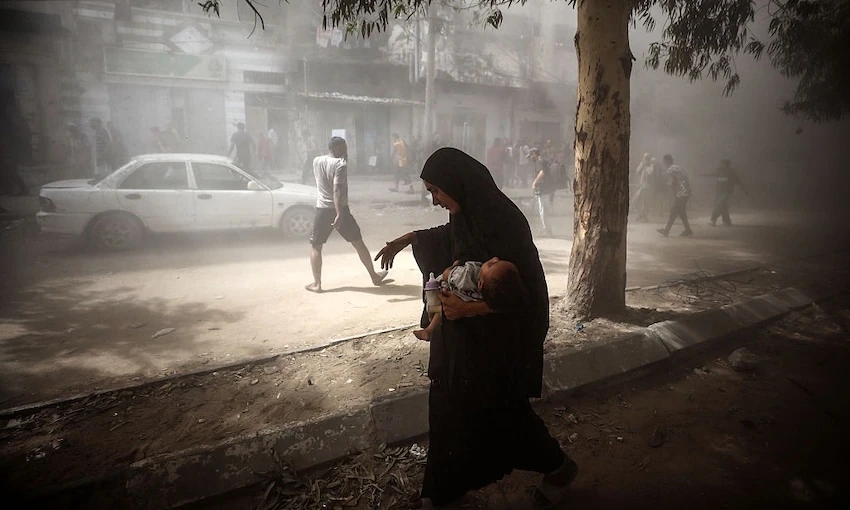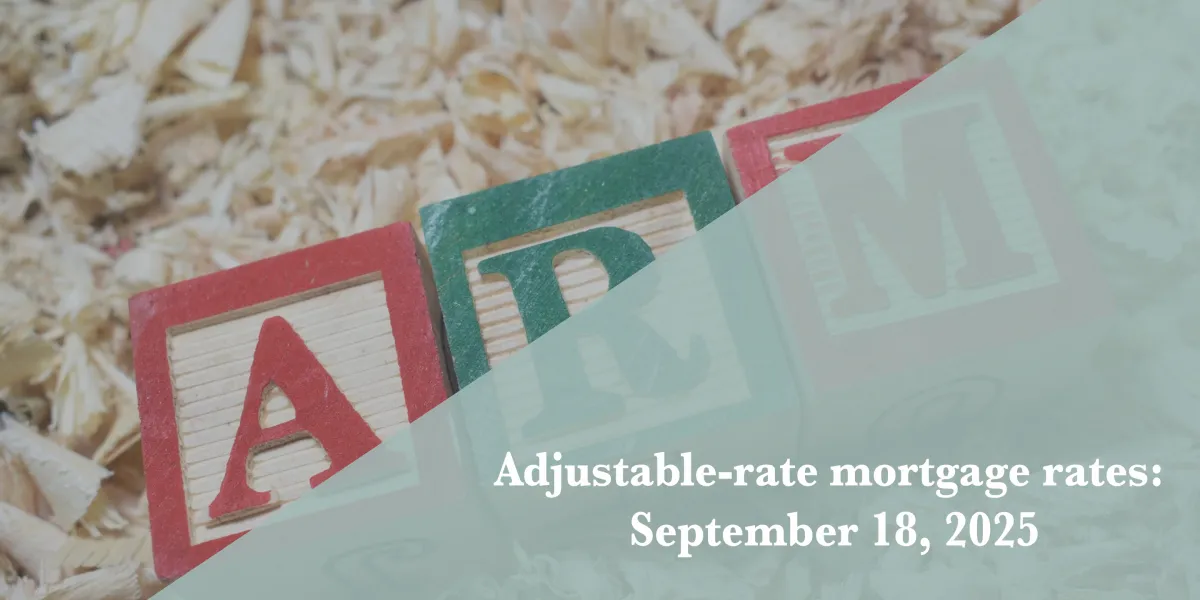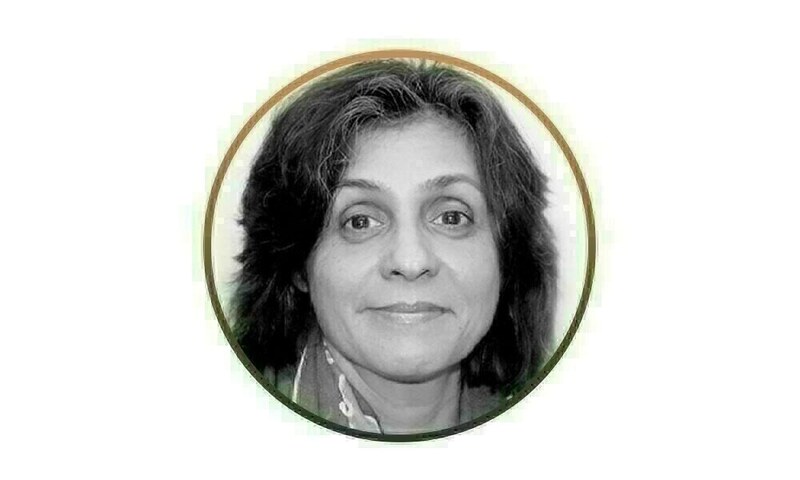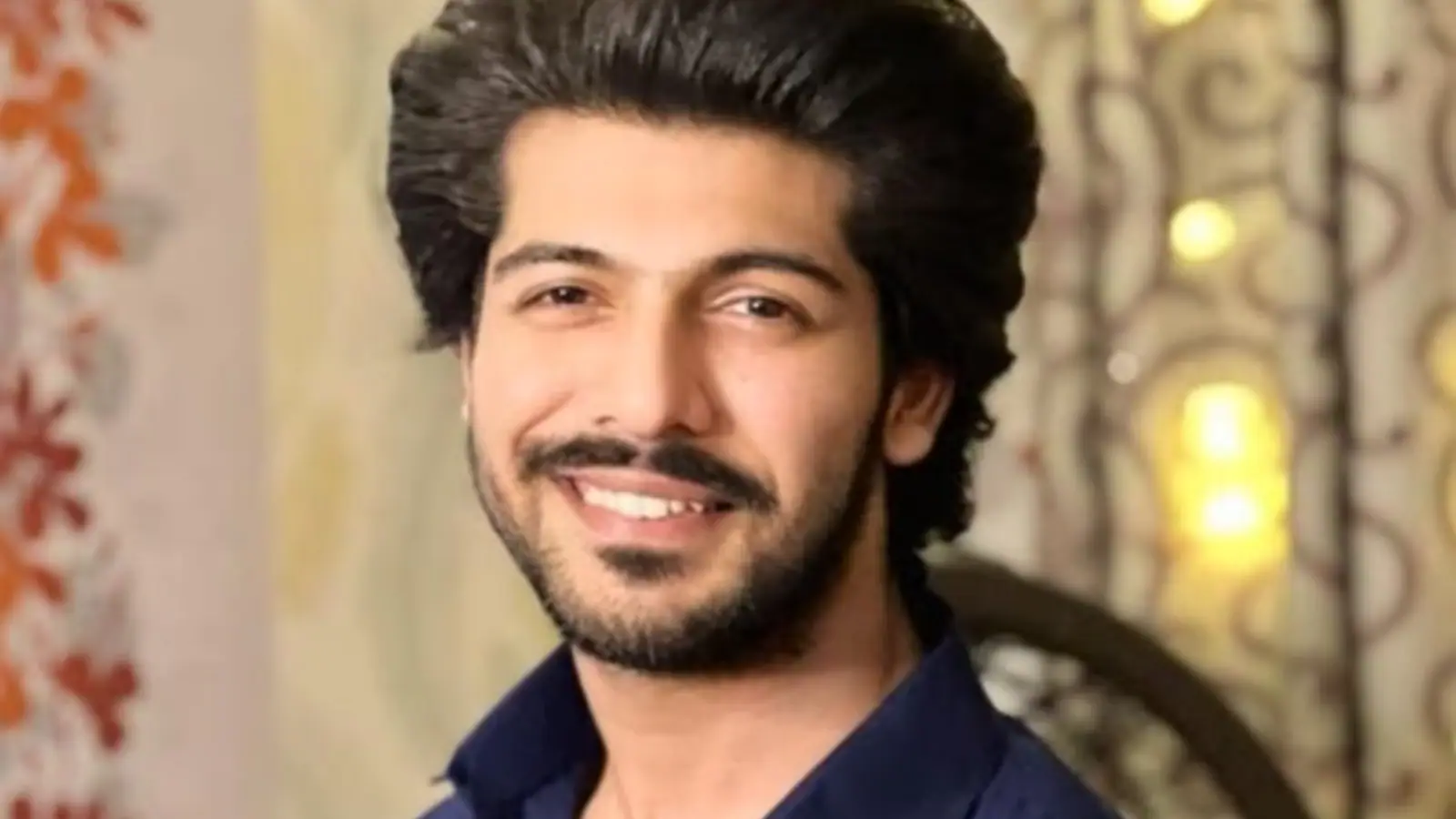By Chris Marshall
Copyright thespinoff

‘It is not enough for Luxon to say that “Netanyahu has lost the plot”, for the reverse seems to be the case: he is very much following the plot of some of the most extreme elements in Israeli politics.’
On Monday this week, some Christian clergy chained themselves to the door of Nicola Willis’s office and remained overnight, urging the government to impose targeted sanctions on Israel for its genocidal actions in Gaza. On the preceding Saturday, in a March for Humanity, tens of thousands of people marched through Auckland calling for the same.
Some 149 countries, including Ireland and Spain, have already recognised Palestinian sovereignty. But most Western democracies have been reluctant to follow suit until a full diplomatic agreement is reached by all the parties on the associated constitutional, territorial and security arrangements.
That major Western nations, including France, Belgium, the UK, Australia and Canada are now moving to recognise Palestinian statehood at a UN summit next week, in some cases contingent on certain conditions being met, is clearly intended as a sharp rebuke of the current Israeli government for its merciless war of retribution on the civilian population of Gaza and its actions in the occupied West Bank. It is only right that New Zealand should join them, however hesitant some in parliament are to support the move.
Critics will dismiss this step as a purely a symbolic gesture, a piece of political theatre that will do little to end the war or protect those trapped in the killing zone. Certainly, by itself it will not force change on Israel. Only the United States could do that. But the symbolism of the step is still powerful, serving as a much-deserved expression of moral outrage at Israel’s current policy. Why else would Israel respond with such scorn and resentment towards the move?
Most New Zealanders are appalled at the bloodshed being inflicted on the people of Gaza, especially on the children, who bear no responsibility whatsoever for the horrific atrocity committed by Hamas almost two years ago. Over 50,000 children have been killed or injured, and untold numbers are facing severe malnutrition and deprivation that will have a lifelong impact on their development.
Public opinion may differ on the justification for Israel’s military response to the terrorist attack of October 7. Some will see it as a legitimate act of self-defence. But surely no reasonable observer can look at the widespread killing, maiming and orphaning of children or witness the systematic destruction of the entire life-support system of the population, and conclude that this, in any way, qualifies as a just war.
According to classical just war doctrine and in international law, both the cause of the conflict and the means by which it is conducted must be morally justified and proportionate, otherwise the killing becomes murder and the targeting of non-combatants a war crime. Recently retired Chief of Staff of the Israeli army, Gen Herzi Halevi, has confirmed that more than 10% of the Gazan population – over 200,000 people – have been killed or injured in the war, saying, “We took the gloves off from the first minute. Sadly, not earlier”. He also admitted that “not once” were military operations inhibited by legal advice.
This accounts for why authoritative judicial bodies, such as the International Criminal Court and the International Court of Justice, as well as major human rights organisations, including two in Israel, have alleged that crimes against humanity are being perpetrated in Gaza. In August, the UN-backed network of aid and food security agencies (called the IPC) declared that the statistical threshold for declaring a famine, a relatively rare event, has now been reached in Gaza.
As individual citizens, we feel profound anguish, but also a debilitating sense of powerlessness. We are tempted therefore to avert our eyes and try not to dwell too much on the nightmarish realities taking place. We can so easily become desensitised to the violence and suffering we witness every day but cannot stop. Yet we know that to “pass by on the other side”, as the famous parable puts it, is never the right thing to do.
This is why we need our political leaders to speak out strongly and unambiguously on our behalf, to give voice to the moral revulsion we feel. New Zealand has not remained silent on the issue, of course. We have issued letters and signed joint statements demanding an immediate ceasefire, the lifting of restrictions on humanitarian aid and the release of all hostages. But sometimes our voice feels more like a whisper than a heart-felt cry of indignation.
We need the prime minister to speak boldly with moral clarity and conviction, to unequivocally denounce the atrocities taking place, irrespective of any political blowback. It is not enough for him to say that “Netanyahu has lost the plot”, for the reverse seems to be the case: he is very much following the plot of some of the most extreme elements in Israeli politics.
That said, given the desperation of the situation, even the sharpest words of denunciation are not enough. New Zealand has voted in support of a UN Resolution calling on member states to impose sanctions on Israel. To date, the only actions we have put in place are travel bans on two Israeli ministers and a handful of settlers. A more comprehensive regime of sanctions is required, similar to that imposed on Russia following its invasion of Ukraine. All opposition parties have expressed support for such a move, and the coalition government is morally obliged not to sidestep the issue or play for time any longer.
A mix of tariffs, targeted travel and trade bans, asset freezing, disinvestment in companies complicit in the war and occupation, and suspension of any military and intelligence cooperation with Israel is needed to turn words into action. And because sanctions operate at many levels of social and economic life, they can help ordinary citizens feel that, in some small way, we are participating in a global effort to hold the Israeli government to account.
We must join the growing crescendo of voices all around the world – from sitting politicians to religious leaders, educational institutions, aid and relief organisations, human rights groups, professional bodies and civil society associations of all kinds, even including business leaders in the UK – demanding their governments ramp up political and economic pressure on Israel to bring its pitiless campaign to an end. Words of moral condemnation are vitally important, but sanctions speak louder than words.



